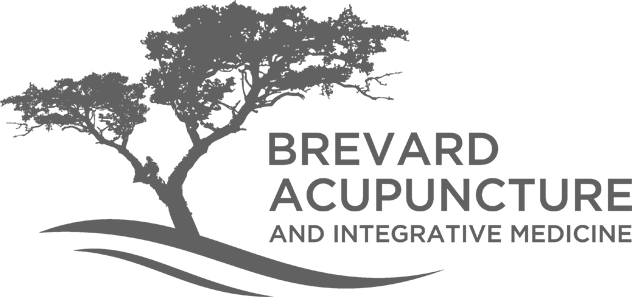Throughout the centuries and across nearly every cultural tradition, herbs, plants, and natural substances have been used to support the body and to promote healing. Native American healers used willow-bark, a natural derivative of modern day aspirin for aches and pains associated with arthritic conditions, menstrual cramps, and headache. In India, turmeric “the golden spice of life” is dated as being used as far back as 3000 BC for its antibacterial properties. Greek Physicians relied on licorice as an expectorant, to cough up excessive phlegm and relieve sore throats.
Traditional Chinese Herbal Medicine
Arguably one of the more sophisticated forms of herbal medicine practice was developed in China. Relying on the pulse, tongue, and general appearance of a patient, Chinese Medicine doctors formulate specific combinations of herbs to help resolve medical issues based on patterns of disharmony. These patterns being varied in each individual require special consideration when creating complex formulations for patients as what might work for one person may not be suitable for another persons constitution. Becoming a “Master Herbalist” of Chinese Medicine takes years of study and is rooted in this deep tradition.
Modern Application of Chinese Herbal Medicine
Literally, thousands of herbal formulae exist that have been passed on throughout the generations based on early principles of Chinese Medicine, many still being used today in modern settings and hospitals. In Japan, traditional herbal medicine is called Kampo medicine and is fully reimbursed by state insurance and practiced by traditional healers and medical doctors alike. In China, entire medical departments have specialized fields of study for herbal medicine such as in dermatology, cardiology, gastroenterology, gynecology, research settings, etc. These applications are often combined safely with modern western drugs to bring the patient fully-integrated care well beyond what a traditional pharmaceutical model offers.
Areas of treatment, include:
- Pain Conditions: Osteoarthritis, Rheumatoid arthritis, Headaches, Fibromyalgia, TMJ, Nervous System Disorders.
- Respiratory Disorders: Asthma, Allergies, COPD, Sinus Problems.
- Cardiovascular Disorders: High cholesterol, Congestive Heart Failure, Palpitations, Angina, Anemia.
- Dermatological Disorders: Psoriasis, Rosacea, Acne, Ezcema, Chronic Hives, Postherpetic Neuralgia, and more.
- Gastrointestinal Disorders: Irritable Bowel Syndrome, Food Allergies, Ulcers, Gastritis, Acid Reflux, Indigestion, Constipation/Diarrhea, Inflammatory bowel conditions.
- Women’s Health: Infertility, PMS, Menstrual Irregularities, Endometriosis, Poly Cystic Ovarian Syndrome, Menopause, Hormonal Imbalances, Pregnancy Conditions, Postpartum, Reproductive Disorders.
- Men’s Health: Incontinence, Reproductive Disorders, Prostate Problems.
- Pediatrics: Coughs, Colic, Allergies, ADD/ADHD, Sleep Disorders, Digestive Problems, Fever/Flu/Colds, Stomach Aches/Nausea, Headaches, Bed Wetting.
- Addictions: Smoking, Cravings, Drug, Alcohol.
- Mental/Emotional: Depression, Anxiety, Insomnia, Sleep Disturbances, Stress.
Forms of Herbal Medicine
Depending on the needs of the patient herbal medicine’s are quite flexible in how they are prepared and consumed. The traditional method for consuming herbs internally is by boiling the raw herbs with water in what is called the decoction method. This method allows the full potency of the herbs to be realized and is used in both acute and chronic conditions.
Granules are used both for their convenience and potency. Granules are pre-decocted and then dehydrated to extend their shelf life. The preparation involved in consuming granule herbs provides a higher patient compliance.
Lastly, pills are available for patients that prefer the quickest and easiest route of administration. However, in order to meet the required dosage many pills may need to be consumed. In these instances, pills would only be recommended after an initial dosage of raw or granule herbs.
Safely customized for you
Our physicians are trained to recognize which herbs are best suited for your unique condition Many herbs and supplements are widely recognized to be safely taken with prescription medications although we understand that there is no 100% way of knowing how well you will react. We understand this and will work with you to customize a treatment plan and take extra precautions to keep you safe.
Get In Touch
Contact Us Today!
To find out how our services can help you please call (321) - 802 - 1046 to schedule your initial consultation. Alternatively, please provide us with some brief contact information below and your interest and we will do our best to connect within 1-2 business days.
Please note we are NOT able to answer specific health questions via this form.


